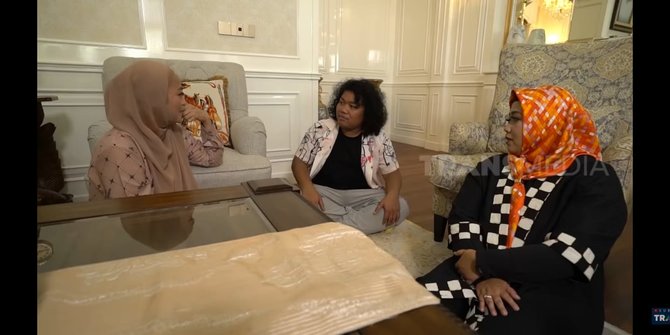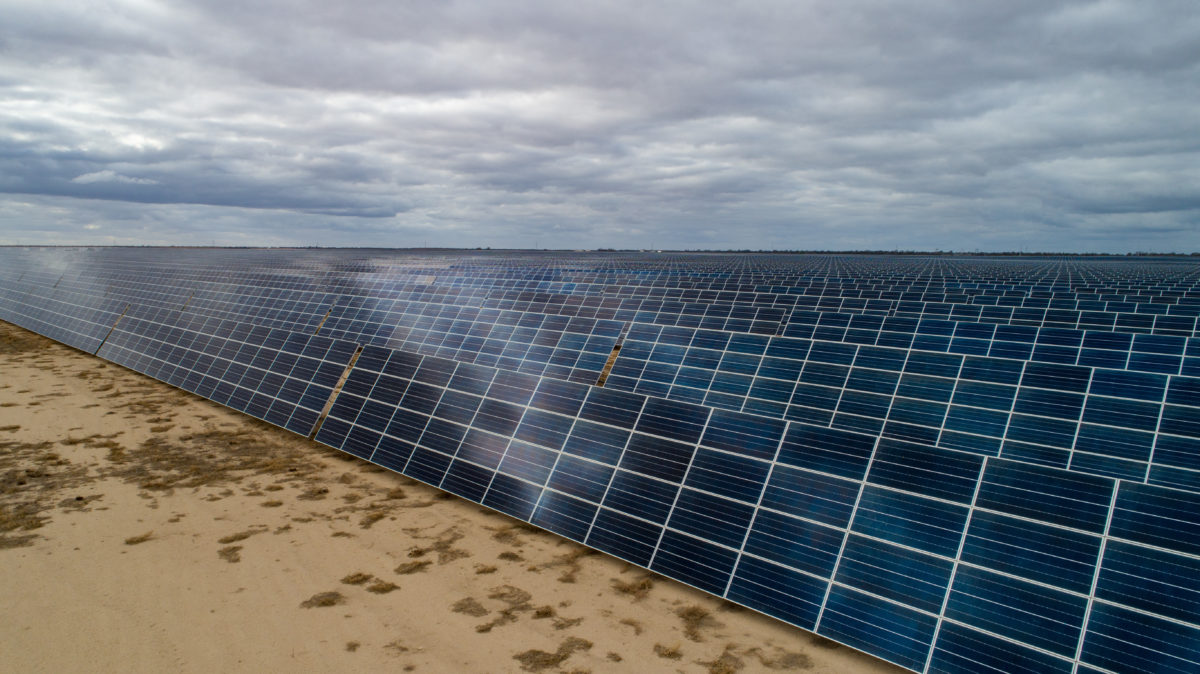Legal Sinicization
When the Chinese Nationalist Party (KMT) took power in 1945, Taiwanese indigenous people were forced to adopt names in Chinese for all official purposes. A 1973 edict pushing this process said that adopting Chinese names would be necessary to “strengthening nationhood.” This changed in 1995 with the passage of the Name Act, which guarantees minorities and indigenous people the right to a legal name in accordance with their customs. However, indigenous people, whose languages are generally written using the Latin alphabet, must also adopt either a Chinese name, or transcribe their name into Chinese characters, to be shown next to their traditional name.
Last June, the ministry rejected the claimants, citing a 2000 memo that spurned the sole use of indigenous names written in Latin letters, arguing that this would inconvenience institutions. The ministry reasoned that most people in Taiwan’s Han-majority society wouldn’t know how to pronounce names written with Latin letters, and that these possible disruptions outweighed the importance of indigenous people’s claim to traditional naming rights. The four then appealed the decision, and the first hearing of their combined case was on January 25.
A wider struggle
The claimants argue that the current regulations are unconstitutional, violating previous constitutional decisions regarding Articles 22 and 7 of Taiwan’s constitution, which said that names are a part of an individual’s right to human dignity, indigenous people have the right to live according to their traditional lifestyles, and that all people are equal before the law. Since ethnically Han people are allowed to only use their name, but indigenous people must adopt a name written in Chinese characters, they argue that this is a form of legal discrimination.
For many indigenous people, whose names are often tied to their clan or homeland and have an inherent social value, the Name Act means that they will instead be addressed by mainstream society in a way divorced from their traditions and culture.
“To individuals, these factors together influence our self-identity,” said Bisazu Takiludun Takisaiian, one of the four claimants in the case and a member of the Bunun people.
The case touches on the contradiction between Taiwan’s goal of creating a multicultural society and the entrenched structures of an overwhelmingly majority-Han society.
“We started this action as a way of letting people begin to understand what it means for indigenous people to obtain their rights,” Tanax Yagaw, one of the claimants in the case and a member of the Seediq people, told SupChina.
To Yagaw, this case is meant to mirror the greater forms of discrimination and systemic repression faced by people from his community, using the indigenous name limitations as a representation of the wider restrictions imposed on indigenous society. “This kind of limit is a type of modern-day ethnic repression. It’s a form of Sinicization and disrespect to our peoples,” he said. He hopes that by using this issue to start a discussion on the kind of repression that indigenous people still face today, he can open a path for dealing with more complicated issues, like the struggle for reclaiming their land.
To other indigenous people, the issue means preserving their traditional culture, which by many measures is under duress. According to a 2018 survey conducted by Shih Hsin University, only 64% of indigenous people could speak their native language, with the proportion increasingly declining for younger cohorts. Five of Taiwan’s indigenous languages are considered critically endangered by UNESCO, with the other 11 considered either vulnerable or under duress.
“We hope that only using our indigenous names will give us the opportunity to use our traditional naming culture and to transmit it to the next generation,” said Yinguyu Yatauyungana, another claimant and member of the Tsou people.
A path forward
The current case may not be the only path to changing Taiwan’s naming regulations. Saidhai Tahovecahe, a Rukai member of the Legislative Yuan, Taiwan’s parliament, said that since 2019, she has twice brought up the limitations on indigenous names with high-level officials at the Ministry of the Interior. Both times, she received the same answer about the difficulty of changing it in contemporary Taiwanese society.
Tahovecahe contrasted this attitude with the Bilingual Nation 2030 policy, which seeks to make English an official language by 2030 alongside Mandarin. While English, a foreign language, is being pushed by the government, names in indigenous languages are seen as impractical. “This kind of result is unacceptable,” she said.
Because of this, she has now proposed an amendment to the Name Act. “It’s time for our country to give us our real names back,” she said.
Note: This article have been indexed to our site. We do not claim legitimacy, ownership or copyright of any of the content above. To see the article at original source Click Here












